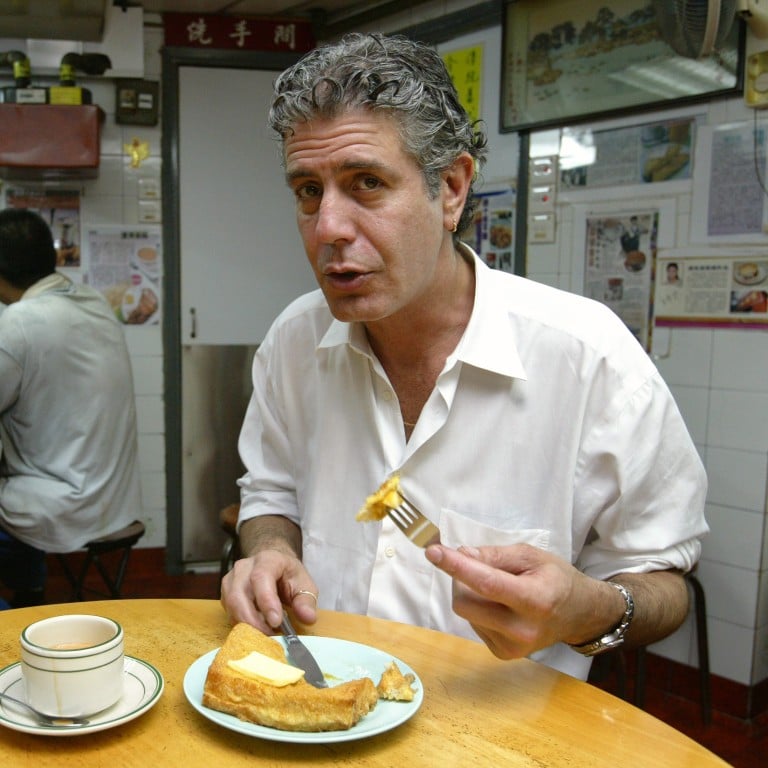
‘He saw what we did as a great approach to modern Chinese food’: five years after Anthony Bourdain’s death, he still influences chefs in Hong Kong
- Whether through his writing or his on-screen charisma, Anthony Bourdain had a profound impact on many of those who read his books or watched his shows
- On the fifth anniversary of his death, three Hong Kong-based chefs reflect on how Bourdain influenced their lives and careers
“I feel like I’ve lost a friend.”
On June 9, 2018, this was heard time and again as people woke up to the news of the death of Anthony Bourdain.
The American chef, writer and documentarian had spent two decades travelling the globe, eating local food, chronicling the characters and cultures he met in his signature style: always open-minded, gracious and non-judgemental.
You’d watch him on shows like the Travel Channel’s No Reservations and could picture yourself pulling up a plastic stool next to him at a noodle stall.
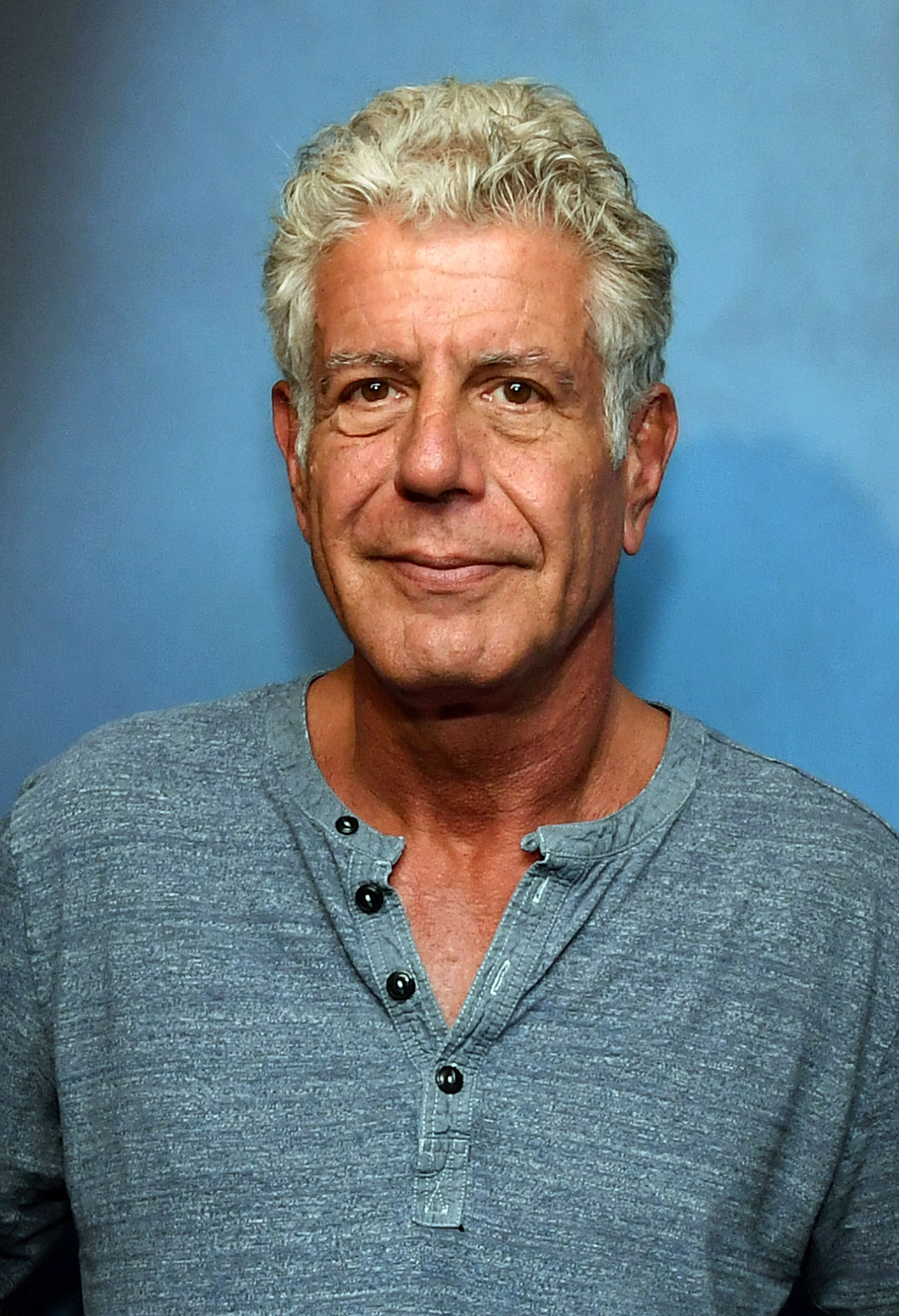
He had become a cultural icon, someone who transcended generations. You could love him, but so could your teenage kids. He defined cool in a way that only the truly cool can. Never knowingly – and certainly never, ever taking himself seriously.
So, when he took his own life at the age of 61, in a hotel in western France during shooting for what would be the final season of his CNN show, Parts Unknown, the shock was seismic.
‘Keep it simple, back to basics’: Staunton’s, a Hong Kong icon, reopens
We spoke to three Hong Kong chefs who loved his books, shows – and wisdom.
Chef and restaurateur May Chow couldn’t quite believe it when Bourdain shot in her restaurant Happy Paradise for Parts Unknown, ate there, then stayed on until 1am. He had affected her culinary journey years before, as she had seen Alvin Leung’s Bo Innovation in one of his shows and decided she wanted to work there.
“I was so happy that we were able to serve him at Happy Paradise,” she says. “It was a dream come true, but I was so nervous [that] he wouldn’t show up that I didn’t believe it until I saw it. It was a huge deal because he hadn’t been to Hong Kong for 10 years.”
Chow recalls that Bourdain asked her if Michelin inspectors had ever visited Happy Paradise, as he thought they should have. (Even if they had, the restaurant never received what many believed would have been a well deserved star, and Chow eventually closed the restaurant in 2022.)
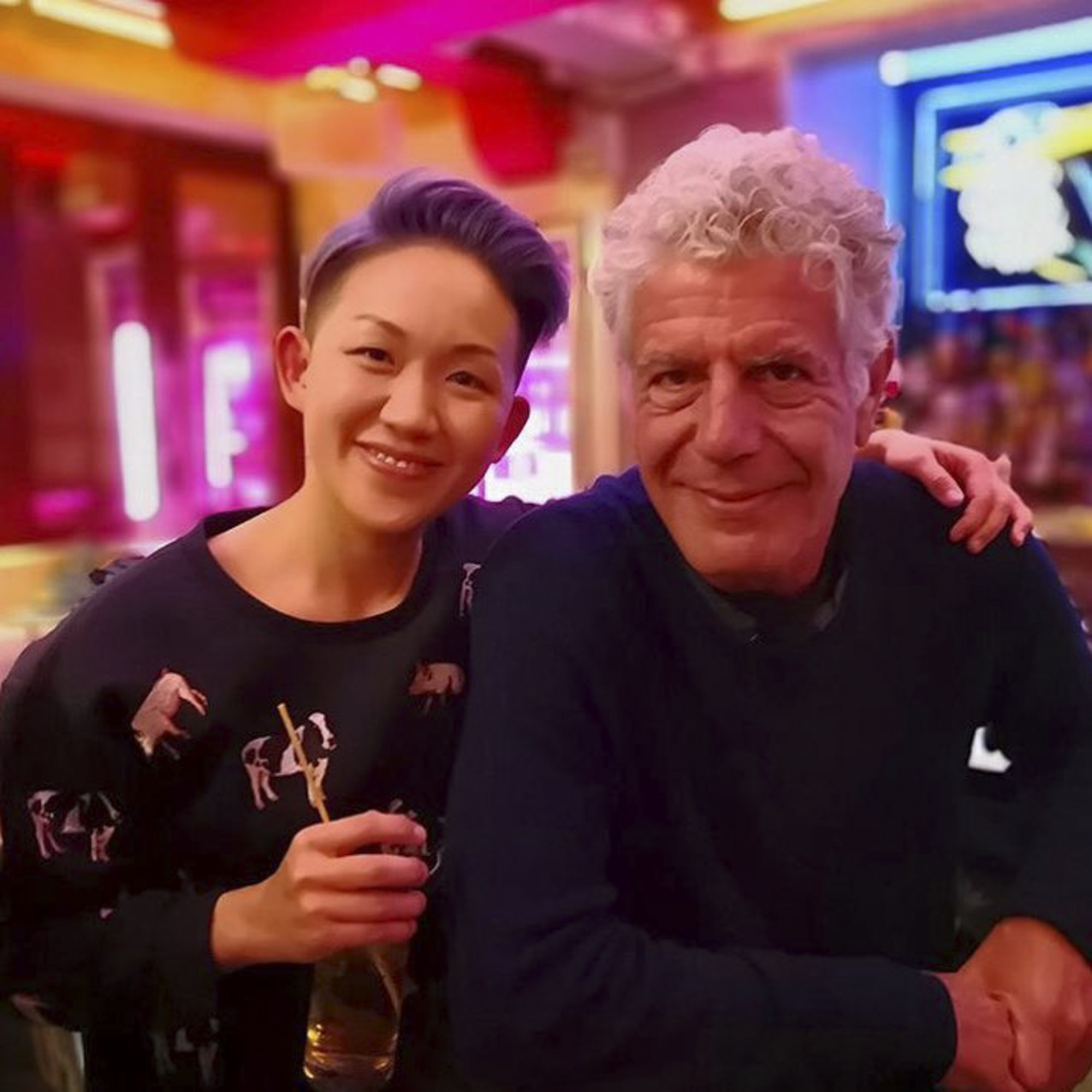
“At that time in my career, it was really impactful to have his affirmation that he saw what we did as a great approach to modern Chinese food,” she says.
One of Bourdain’s final posts was about his dinner at the restaurant, and Chow says it had an immediate effect: “Diners would come in and say that they would never have tried pig’s brain, but they did because of Anthony.”
She says Bourdain’s impact was far more wide-reaching.
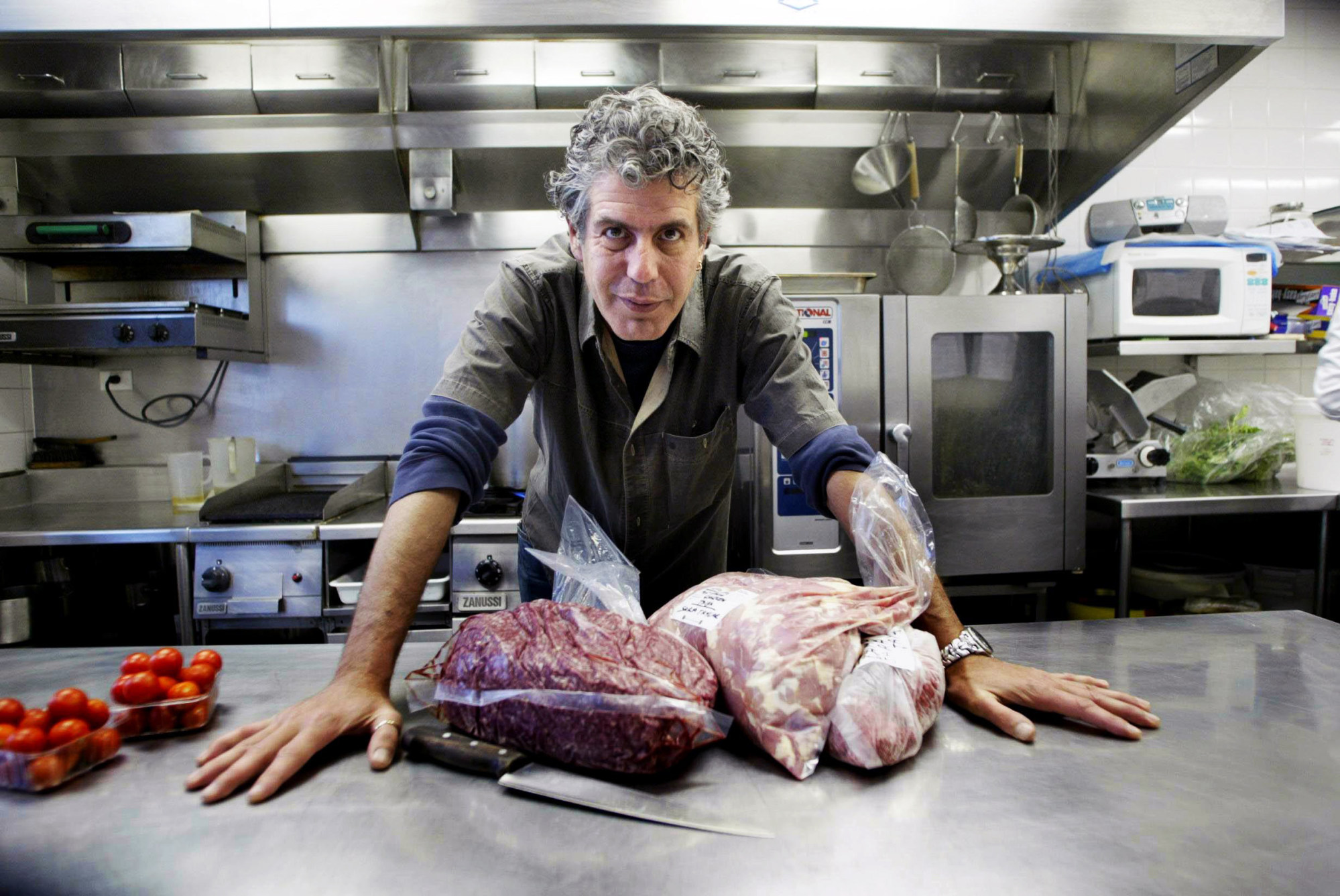
“Because of him, a lot of people became more open to see the world as locals do, to take risks and challenge the notion that even though we didn’t grow up eating certain foods, we’d be open minded and excited to try new things,” she says. “Bourdain could make people have more empathy and more understanding of different cultures. To do that through a TV show was remarkable.”
In a tribute post on June 9, 2018, Chow addressed the late Bourdain: “Happy to be touched by you in what you stand for and what you pursue. To know that you were going to shoot our restaurant, felt like winning a lottery or a dream manifested. To meet you and to instantly know you are exactly how I thought you would be. A hero exploring the truth through food and travel.”
Another chef that was influenced by Bourdain is Cary Docherty, executive chef at Salisterra at The Upper House, who came across him via his searingly honest writing in his seminal debut memoir Kitchen Confidential, which depicted the reality of kitchen life.
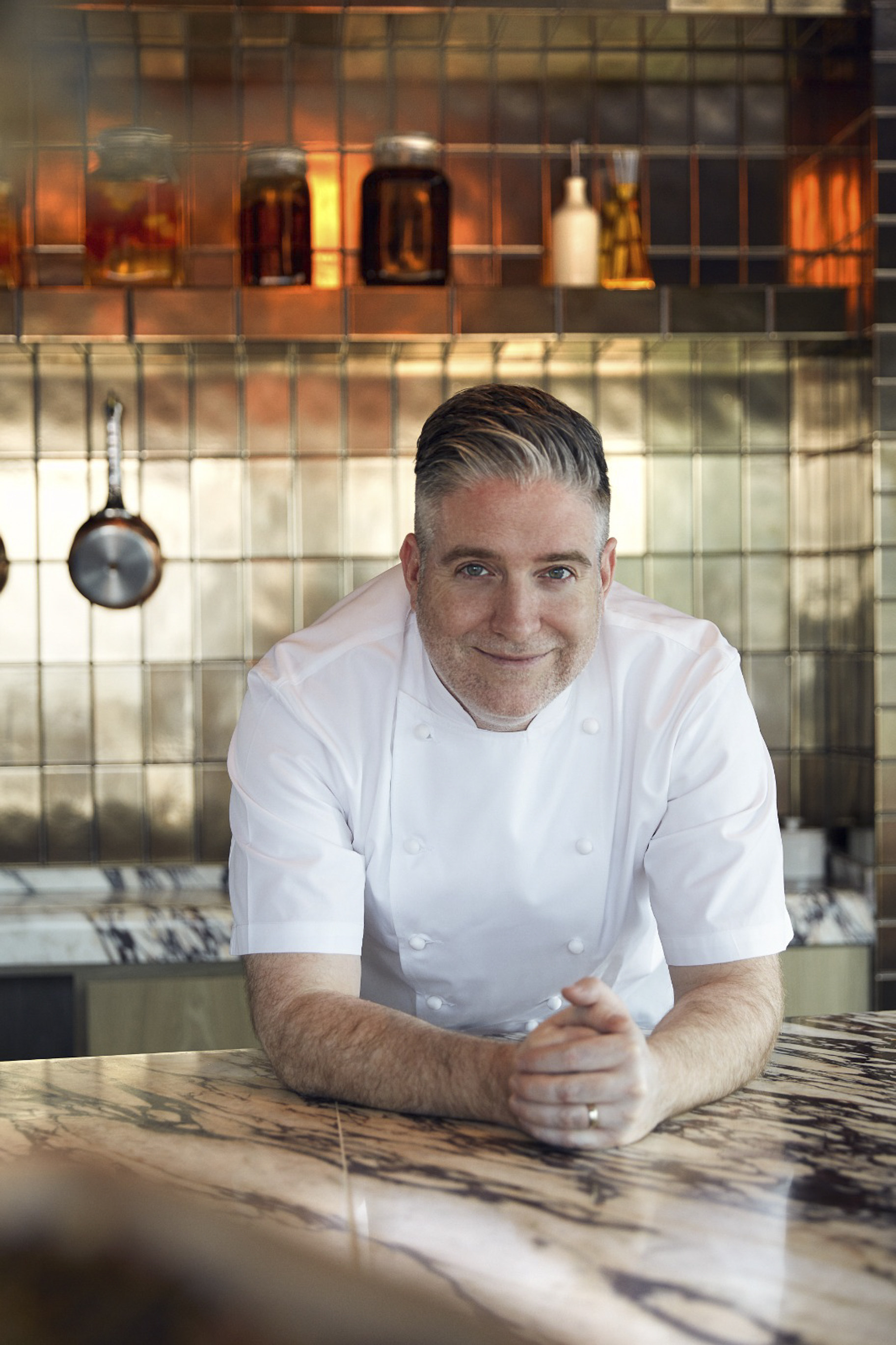
“I first heard of Bourdain when I moved from Vancouver to New York to take a degree in culinary arts. A classmate told me about a book by a chef in NYC that was making waves due to its raw depiction of life in the kitchen,” says Docherty. “I bought the book and finished it in one go – I literally couldn’t put it down – and knew I wanted to be part of the organised chaos he described.”
Bourdain’s first breakthrough in writing had come in an article in the New Yorker that he titled ‘Don’t Eat Before Reading This’, a brilliant, hilarious and no-holds-barred expose of the truth about professional kitchens – and famously why you should never order fish on a Monday. It went on to form the basis of Kitchen Confidential.
When Bourdain wrote about kitchen camaraderie, never having Fridays or Saturdays off and his tongue-in-cheek “naked contempt for vegetarians, sauce-on-siders and the lactose intolerant”, Docherty understood him implicitly.
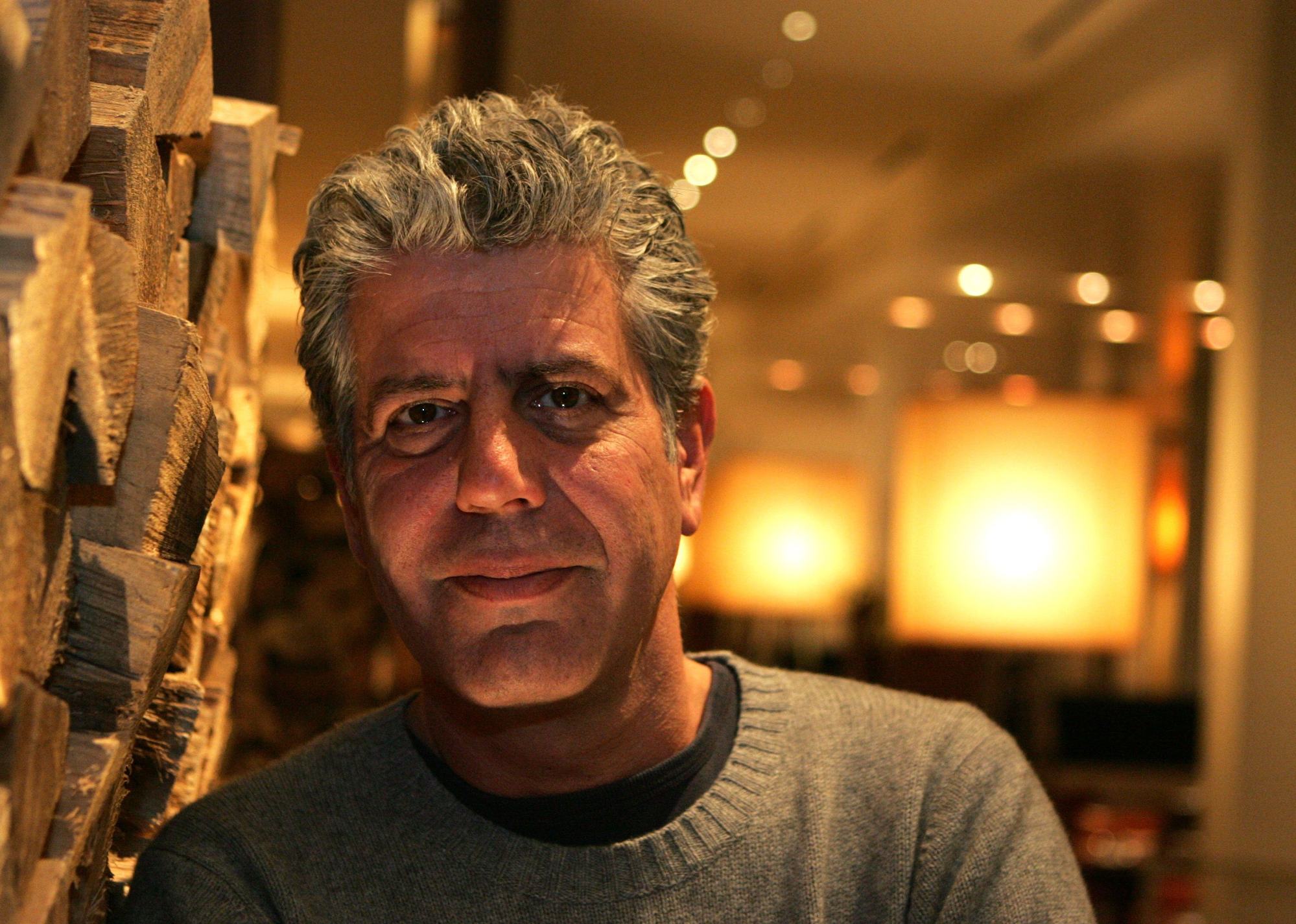
Docherty views Bourdain’s greatest legacy as the constant reminder that food has a special power to unite.
“He showed us repeatedly that in a mad world where there are so many things that divide us, food was the one necessity that had a magical power of bringing people together,” he says. “I learned from Mr Bourdain that we can learn so much about our fellow human beings through travelling to explore food.”
That emphasis on human connection was something that had a profound impact on Caleb Ng, a chef and culinary entrepreneur who, along with his twin Josh, runs the consultancy Twins Kitchen.
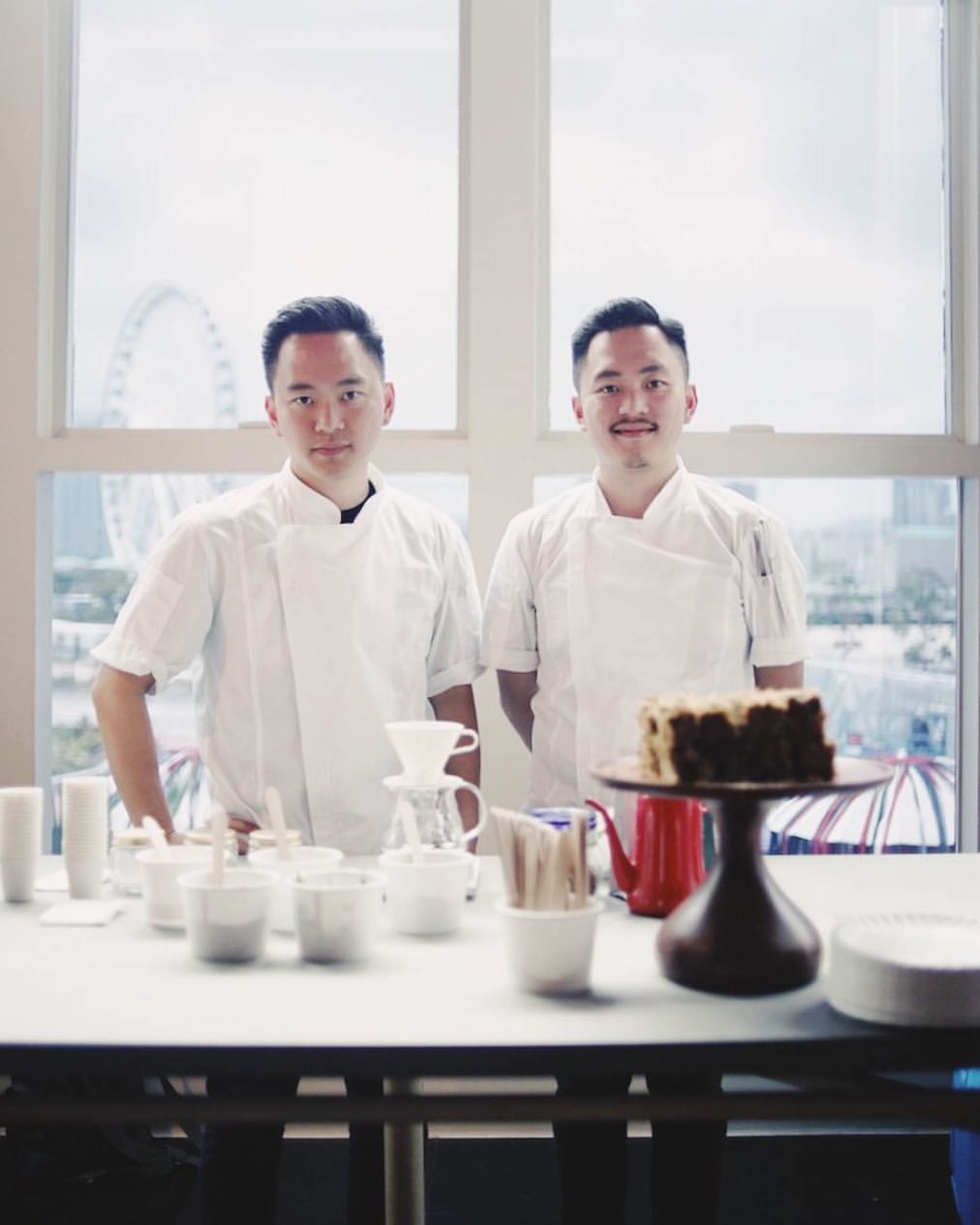
“He had a way of reminding us that food is not just about culinary techniques or trends, but the deep connection it creates among people,” says Ng. “That the essence of dining lies in creating memorable experiences and fostering meaningful conversations around the dinner table.”
Ng says that Bourdain’s legacy lives on in many ways for professional chefs, especially how he chronicled the often harsh reality of kitchen life. “He played a crucial role in dismantling the romanticised, glamorous image often associated with a culinary career, instead offering a raw and unfiltered glimpse into its demanding realities.
“His candid revelations not only exposed some of the industry’s darker aspects but also sparked contemplation on how the system could be improved. His honest portrayal of the industry has spurred vital discussions about work-life balance and mental health.”
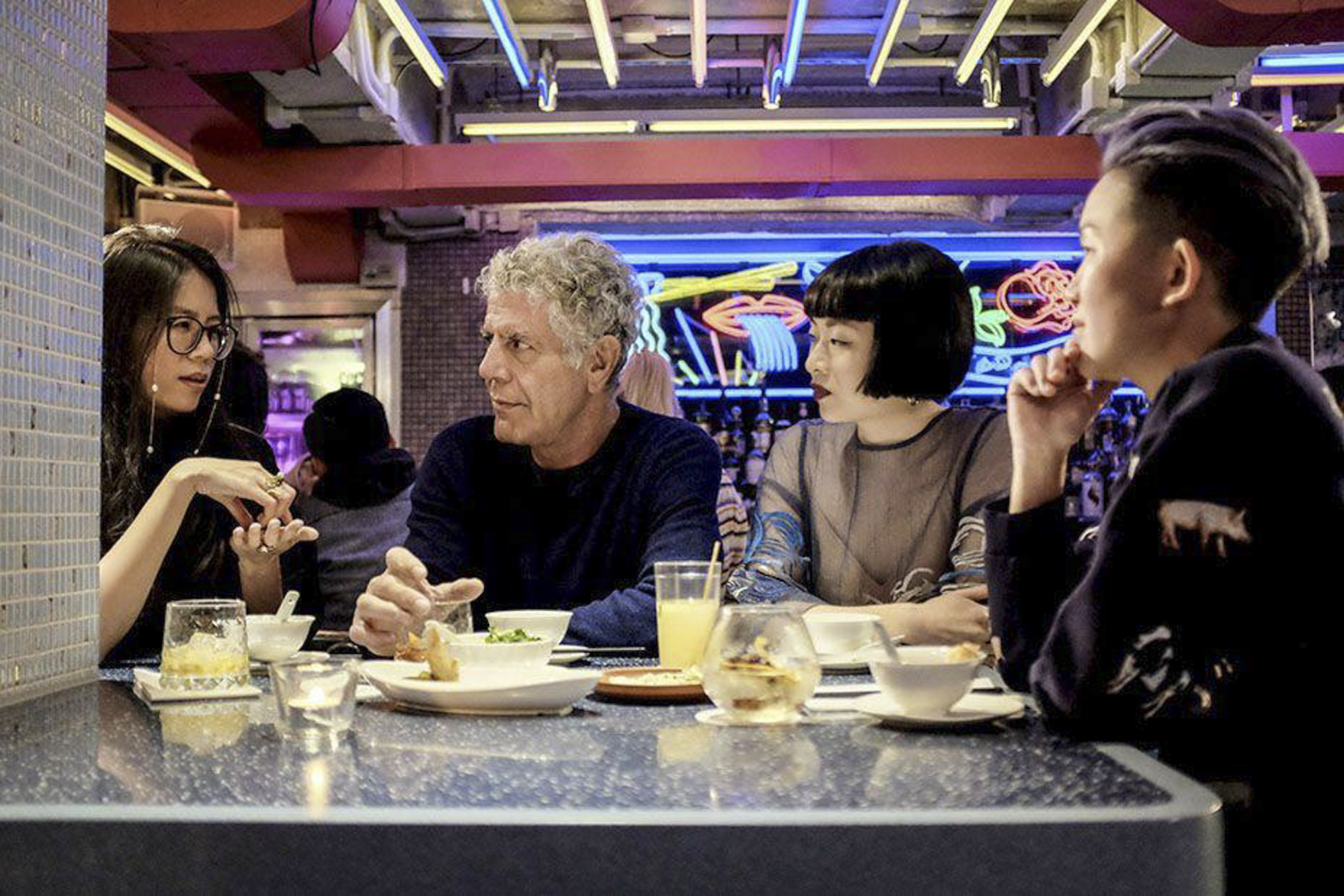
Bourdain’s fans knew he was never happier than when sitting by a roadside with a steaming local bowl or plate of food. From Iran to Vietnam, from Argentina to Ethiopia, few in mainstream Western media did more to shine a light on what real people ate.
“He reminded us that food doesn’t have to be complex or pretentious to be enjoyed,” Ng explains. “His legacy continues to inspire a more down-to-earth, inclusive approach to dining, allowing people to appreciate the beauty of simple, honest food.”
This was famously seen in Hanoi in 2016, where he took President Obama for a US$3 bowl of bun cha, Vietnam’s famed fragrant grilled pork and noodles.
“He taught us about food,” Obama wrote in a tribute following Bourdain’s death. “But more importantly, about its ability to bring us together. To make us a little less afraid of the unknown.”
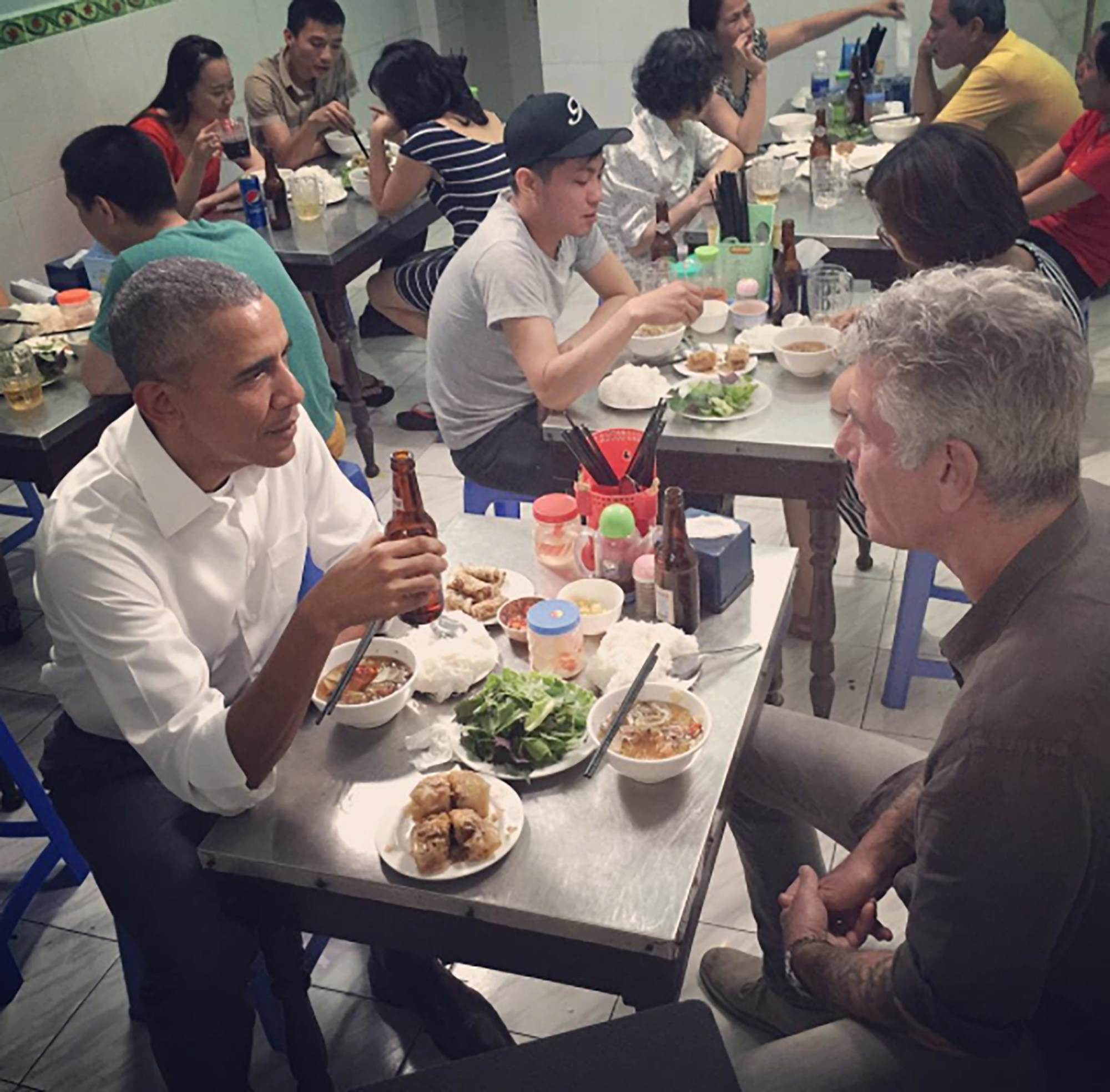
Ng also sees Bourdain’s legacy as someone who truly celebrated Asian cuisine and ‘demystified’ it in a way that was respectful, as well as cognisant of the systems that have long contributed to prejudiced views of foreign food.
“Bourdain’s willingness to immerse himself in local cultures and his genuine appreciation for their cuisine helped break down stereotypes and highlighted the incredible diversity within Asian food. He demonstrated that there is no such thing as ‘bad food’ in any culture that has sustained its cuisine for thousands of years.”
I was lucky to spend time with Bourdain on three occasions, first for 48 hours in Singapore, in 2013. I was working for CNN promoting his show and we attended the World Street Food Congress, where he loved wandering the stalls with seafood tostadas, Hainanese noodles, porchetta rolls and more served up by hawkers from across the globe.
In person, he was exactly as you would have hoped – no different than on screen. Bitingly funny, brilliantly insightful, searingly honest – the best possible company. He would never refuse a photo request and was unfailingly courteous and punctual.
For me, the most powerful legacy he left was when he suggested I leave my corporate job and take up writing – which I clearly have, with no regrets.

